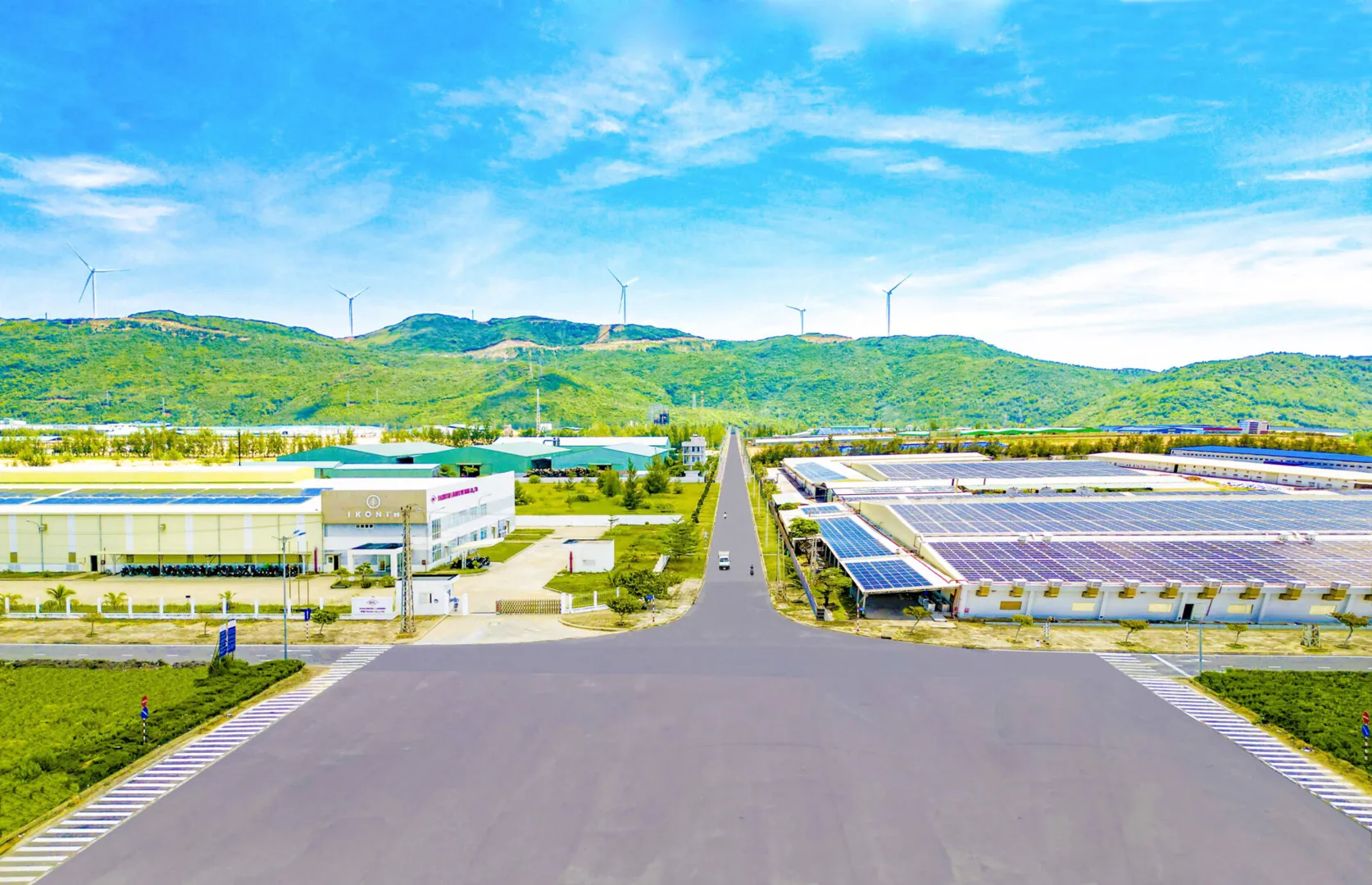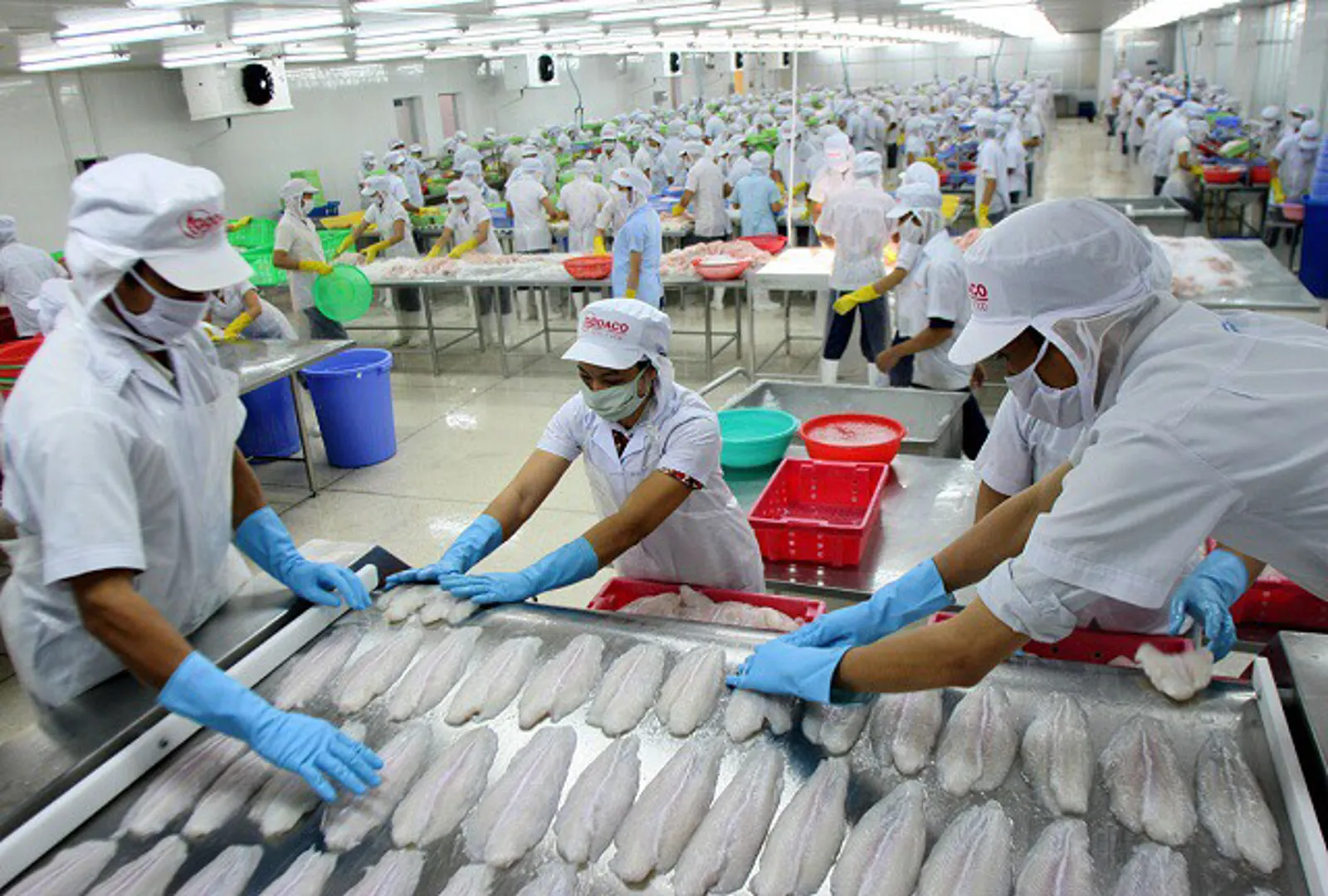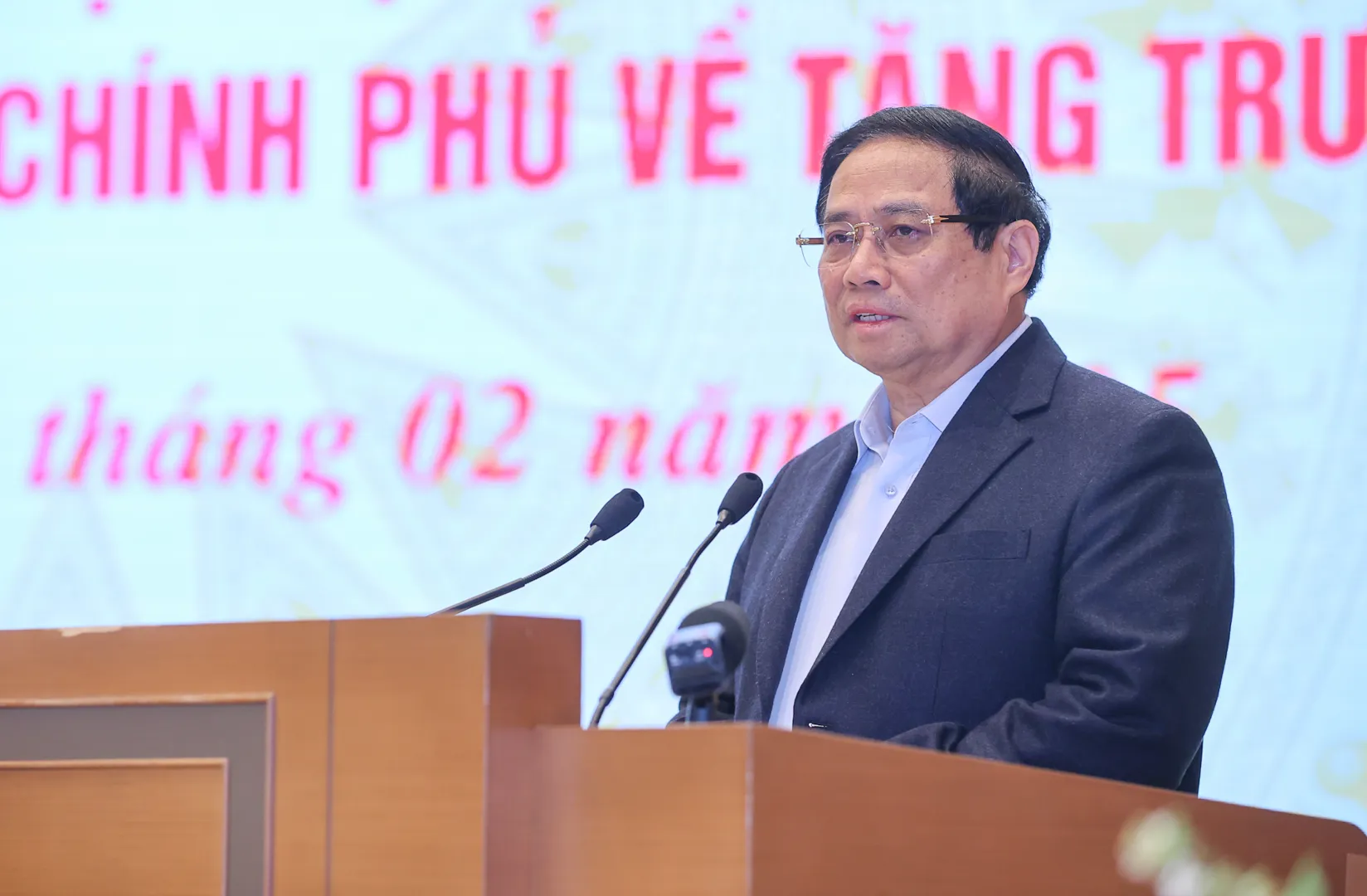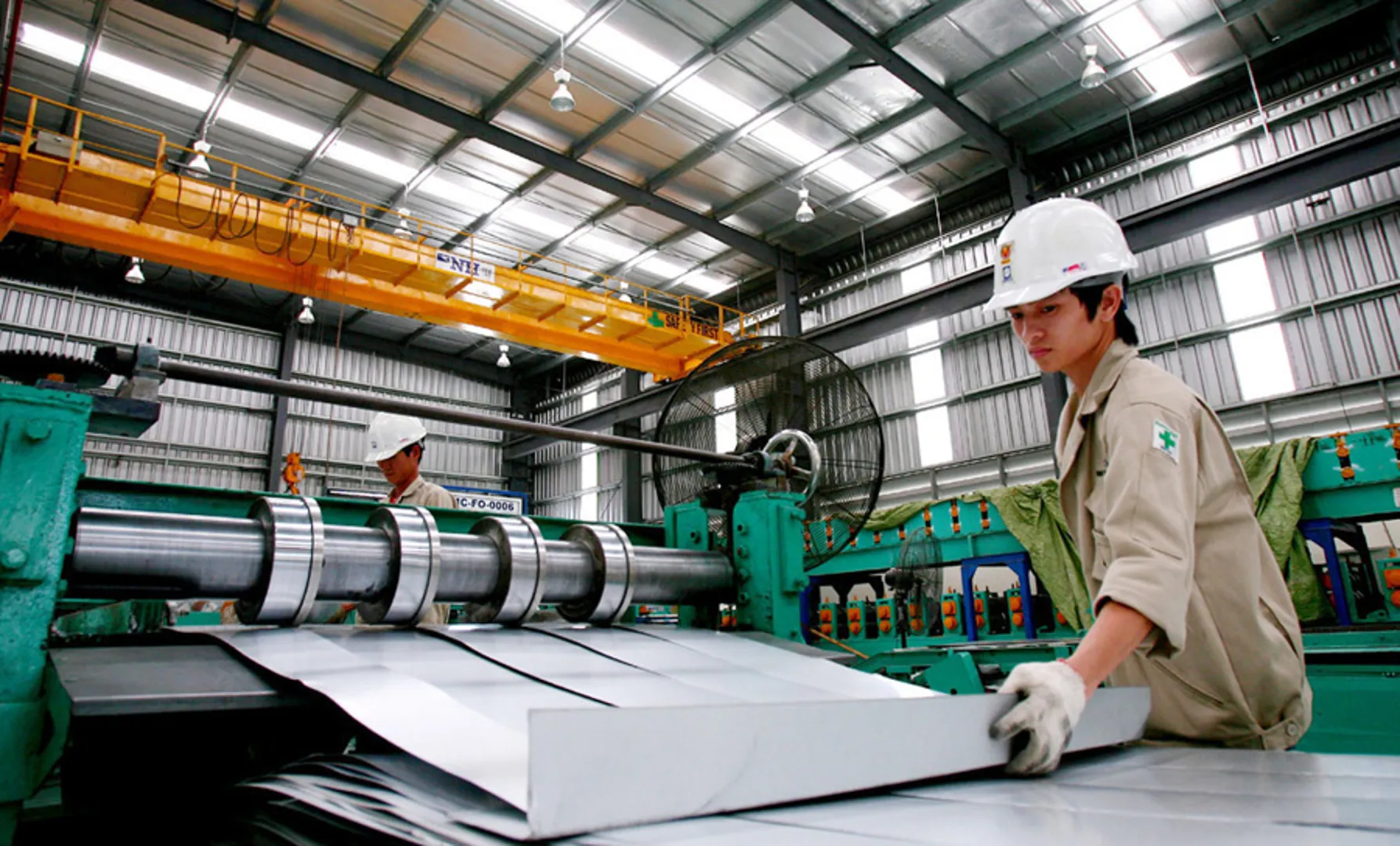FDI commitment to Vietnam nearly triples in January
Disbursement of foreign direct investment (FDI) projects in Vietnam totaled US$1.6 billion in January, representing an increase of 3.2% year-on-year.
FDI commitments in the first month of the year totaled US$5.33 billion, 2.8-fold that of the same period of last year thanks to a mega energy project, a report of the Foreign Investment Agency (FIA) under the Ministry of Planning and Investment has shown.
| Data: FIA. Chart: Ngoc Thuy. |
Meanwhile, disbursement of foreign direct investment (FDI) projects in Vietnam totaled US$1.6 billion in January, representing an increase of 3.2% year-on-year.
Year to January 20, 258 new projects have been approved with total commitments of US$4.46 billion, up 14.2% in number of projects and 5.5 fold increase in capital year-on-year. A surge in new registered FDI in January was thanks to the liquefied natural gas (LNG) plant project worth US$4 billion in Bac Lieu, taking the average registered capital per new project from US$3.6 million in last January to US$17.3 million in the first month of 2020.
Additionally, 77 existing projects have been injected an additional US$334 million, down 1.9% in capital.
During this period, 884 projects have had US$534.8 million in capital contributed by foreign investors, up 70.2% year-on-year.
Investors have poured money into 17 fields and sectors, in which electricity production and supply led the pack with investment capital of US$4.04 billion, accounting for 75.8% of total registered capital. Manufacturing and processing came second with US$856.3 million, or 16.1% of the total, followed by science and technologies with US$119 million and wholesale and retail with US$118.2 million.
The data shows that out of 59 countries and territories investing in Vietnam in January, Singapore took the lead with US$4.16 billion or 78.1% of total investment capital; South Korea came second with US$264.5 million while the third place belonged to Hong Kong (China) with US$212 million.
| Data: FIA. Chart: Ngoc Thuy. |
Among 40 cities and provinces having received FDI in the first month this year, Bac Lieu has attracted the largest portion of capital commitments with US$4 billion billion, accounting for 75.1% of total investment in the period.
Ho Chi Minh City came second with US$310.8 million or 5.8% of the total investment, followed by Binh Duong, Dong Nai, and Hanoi.
Besides the US$4-billion LNG plant project financed by Singaporean investor, some of the big-ticket projects in January include an injection of an addition of US$75.2 million to Japan's Sews-components Vietnam manufacturing plant for electronic and auto parts; Hong Kong's Ce Link Vietnam 2 plant worth US$49.8 million at Bac Giang for electronic parts and products.

State investment, FDI no longer driving forces for Vietnam economic growth
The private sector has become the main contributor to economic growth for the last three quarters.

Slowdown in FDI’s export growth to impact Vietnam’s economy in 2020
A slowdown in export growth of the foreign-invested sector could have a negative impact on Vietnam’s economy in 2020, according to SSI Securities Corporation, Vietnam’s largest brokerage house.

FDI and domestic consumption remain drivers of Vietnam’s growth: WB
Vietnam's economy is expected to grow 6.8% this year before slowing to 6.5% in the next few years.








